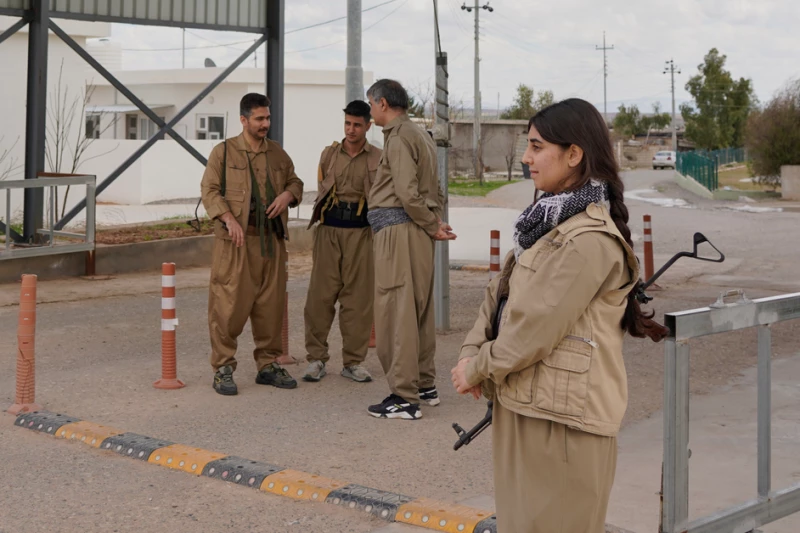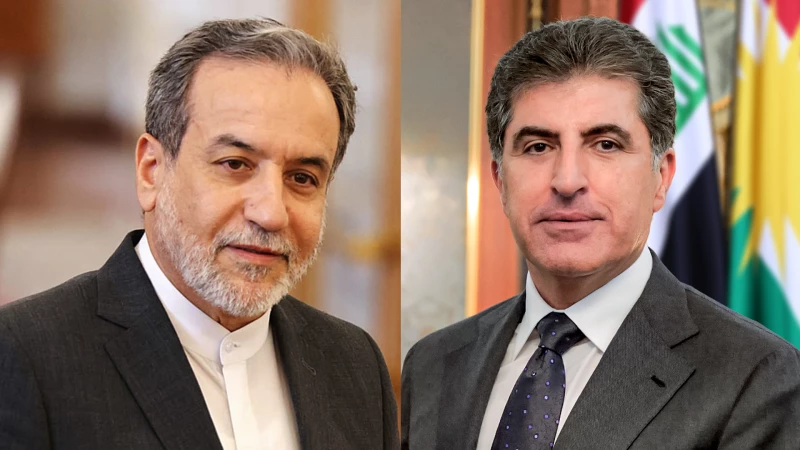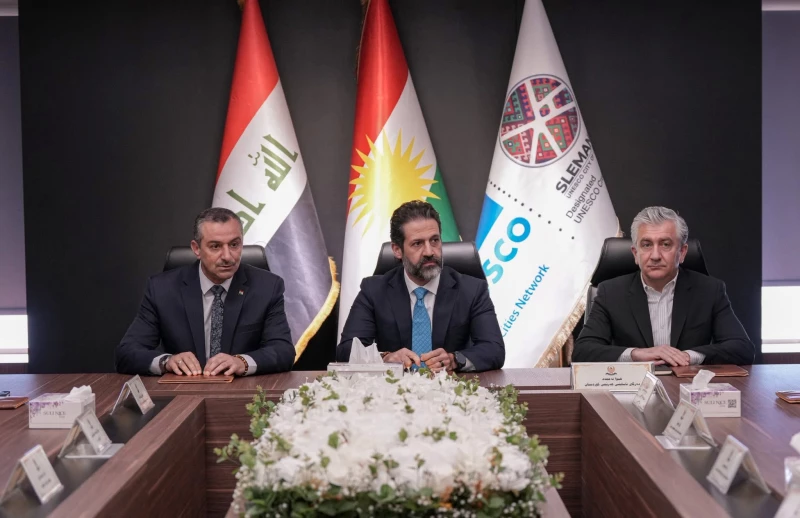ERBIL, Kurdistan Region of Iraq - Baghdad on Wednesday said that the Kurdistan Region would not receive any funds to pay its civil servants for the rest of the year, a move that would revive years of conflict and may lead to the withdrawal of Kurdish representation in the Iraqi parliament, a senior source close to the Region’s prime minister told The New Region.
The fair distribution of the Kurdistan Region’s share of the federal budget has long been a point of contention between Erbil and Baghdad, and despite an agreement being reached earlier in the year between both governments ensuring the transfer of the Region’s civil servants’ salaries for the entirety of 2025, a letter from the Iraqi finance ministry on Wednesday has put everything back at square one.
Iraqi Finance Minister Taif Sami said that, from 2023 until April 2025, the Kurdistan Region has handed over only 598.5 billion dinars out of its total oil and non-oil combined revenues of 19.9 trillion dinars.
Sami claimed that the Kurdistan Region has already exceeded its 12.67 percent of the annual budget, totaling 13.5 trillion dinars, adding that the finance ministry “is unable to continue funding the Region.”
The move is seen by Kurdish officials as oppressive and deliberate.
Speaking to The New Region on the condition of anonymity, a senior advisor to Kurdistan Region Prime Minister Masrour Barzani defined the move by Baghdad as a “continuation of years-long deprivation of the Kurdistan Region’s people from their most basic rights: payment.”
“If this continues, a complete withdrawal of Kurdish forces in Baghdad is a possibility,” the advisor said. “It could even go as far as dropping out of the country’s November elections.”
The move is seen as unjust not only by Kurdish officials, but rather among the opposition movements in the Kurdistan Region, who until now had been more vocal in supporting Baghdad's measures against Erbil.
“If Basra governor Asaad al-Aidani had caused problems for Basra’s oil, would they punish Basra’s civil servants? Indeed, they would not,” opposition leader Ali Hama Saleh said in a statement on Thursday.
“This topic requires a new stance and resistance and jeopardizes 8 months worth of salaries of the people,” decried Soran Omar, a Kurdistan Justice Group (Komal) MP in the Iraqi parliament, in a Facebook post.
The issue is not new. The Kurdistan Regional Government (KRG) has long been at loggerheads with the federal government, with the KRG insisting that the livelihood of thousands of people, who Iraqi officials, including Prime Minister Mohammed Shia’ al-Sudani, have time and time again said should be no different from other Iraqi citizens, should not be made political.
Former Iraqi finance ministry undersecretary Rebaz Hamlan on Thursday defined the Iraqi finance ministry as a “political tool used by Mohammed Shia’ al-Sudani, the Coordination Framework, and their surroundings for political gains, election campaigning, and to push back against the development of the Kurdistan Region.”
“What is done now is directly against the civil servants of the Kurdistan Region and is part of the continuous pressure of Baghdad on the people and the Kurdistan Regional Government,” Hamlan said. “To face such pressures, it is now more important than ever to have a united front for the financial rights of the people.”
The move by the federal ministry was promptly slammed by the KRG spokesperson on Wednesday night.
“Our problems will be solved, and the truth will prevail,” said KRG spokesperson Peshawa Hawramani in a statement. “For sixty years, starvation and extermination have been used as the most heinous methods. The result has been the same: the people of Kurdistan have become prouder and stronger.”
The move by the Sudani-led government, who himself only has a few months left to lead the country and has little to no chance of being reelected, comes a week after Prime Minister Barzani oversaw the signing of two agreements in Washington DC, one with HKN Energy and ONEX Group and another with WesternZagros. The deals have a combined value of around $110 billion and aim to boost the Kurdistan Region’s energy sector.
The deals were slammed by the Iraqi government under the pretext of the KRG trying to work independently of Baghdad.
However, Barzani on Wednesday told his cabinet that the deals “will benefit the Kurdistan Region and all Iraqi people.”
The Iraqi oil ministry has rejected the recent agreements, claiming that the procedures violate a 2022 Iraqi federal court ruling prohibiting Iraqi regions and provinces from regulating trade policy with other countries.
The KRG’s natural resources ministry has responded to Baghdad’s comments, stating that the agreements are constitutionally valid and have been previously approved by Iraqi courts.
US officials collectively stressed that the recent deals benefit the whole of Iraq, not just the Kurdistan Region, and voiced support for the agreements during Prime Minister Barzani’s meetings in Washington, a support that has since left Baghdad in a state of shock.
Exports of the Kurdistan Region’s oil through the Turkish Ceyhan pipeline, where part of Kirkuk’s oil was also exported, were halted in March 2023 after Ankara lost a case against Baghdad in a Paris-based arbitration court. The case accused Ankara of breaching a 1973 agreement by allowing Erbil to start selling oil independently of Baghdad.
Baghdad and Erbil announced in late February that they reached an agreement to resume the Kurdistan Region’s oil exports to the international market, but the process has yet to restart, with international oil producers demanding payment surety, transparent implementation of Iraq’s budget law stipulations, and resolution of payments that are in arrears before resuming the work.
The halt in exports has dealt a major blow to Iraq and the Kurdistan Region's economy, with tens of billions of dollars in lost revenue to date, but has also given Baghdad the excuse to repeatedly delay the payment of the Region’s civil servants’ salaries.
Antagonism to the energy deals struck by the KRG with Washington is also seen as a reason behind the finance ministry’s decision.
“This is part of the action Baghdad is taking to undermine the landmark deals that Prime Minister Barzani struck in Washington,” the senior advisor told The New Region.
The deals would ideally benefit the entirety of Iraq, including the pro-Iran government led by Sudani, but energy independence would mean that Baghdad would no longer need to import energy from its closest ally in Tehran; henceforth, less cash would flow into the Iranian economy.

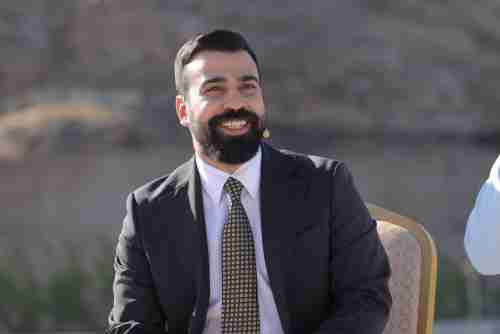
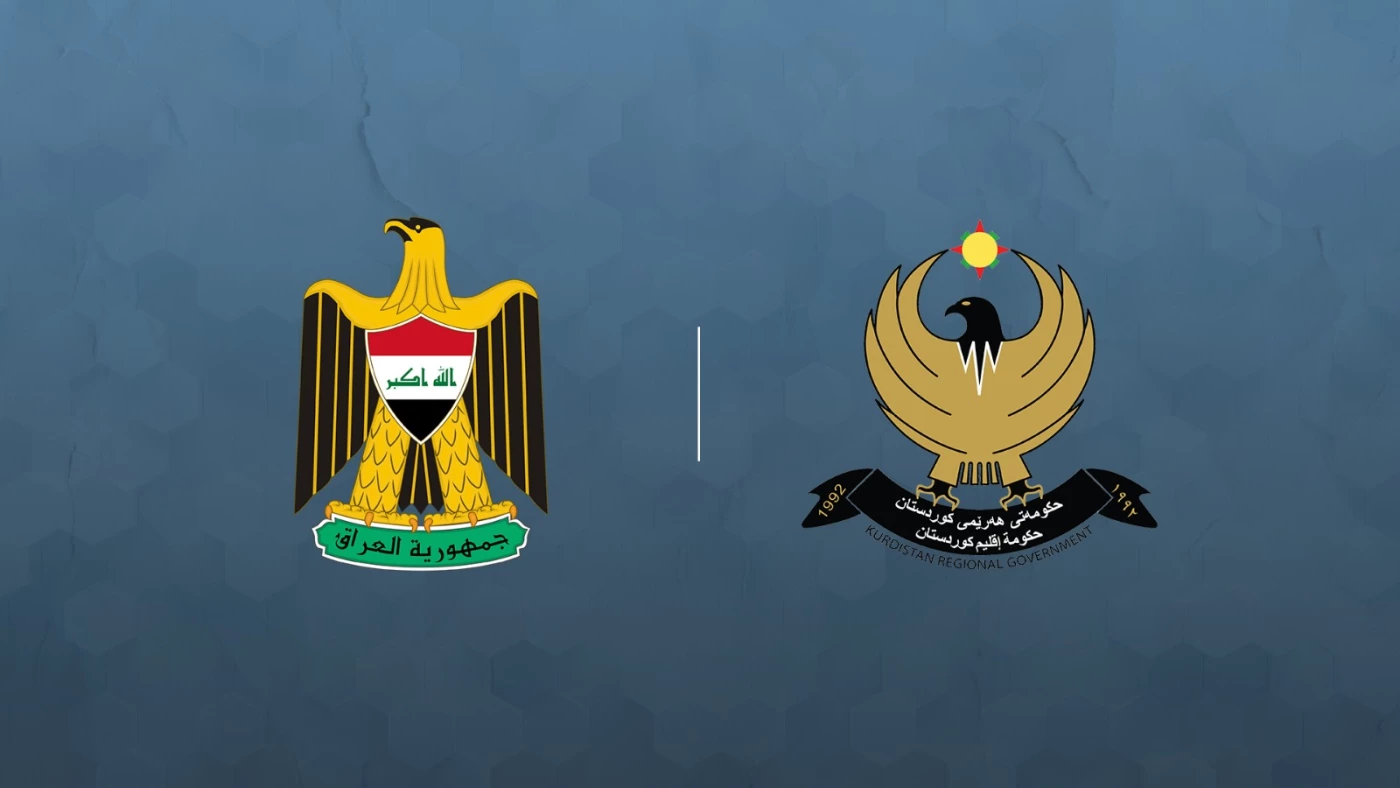
 Facebook
Facebook
 LinkedIn
LinkedIn
 Telegram
Telegram
 X
X
